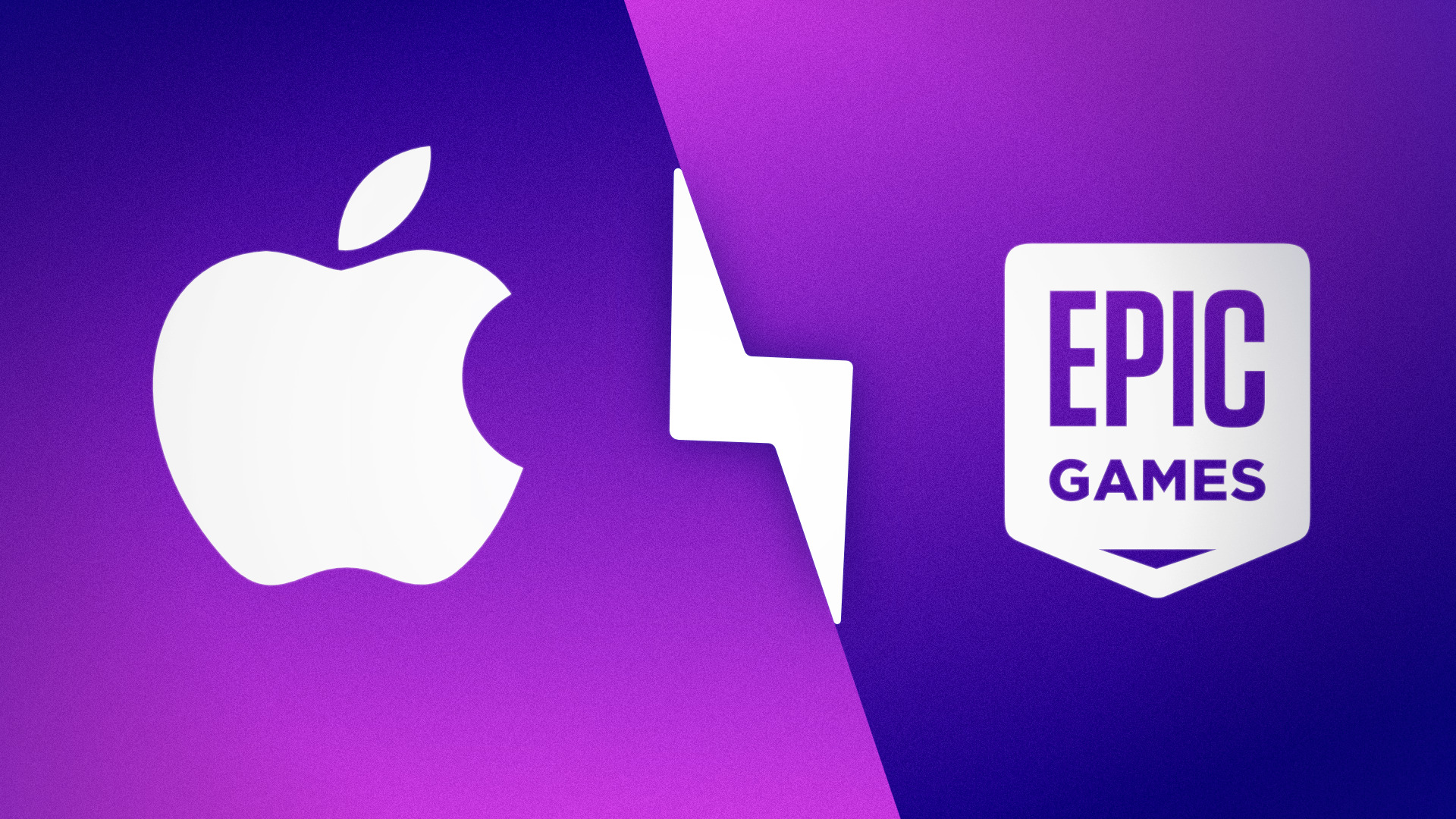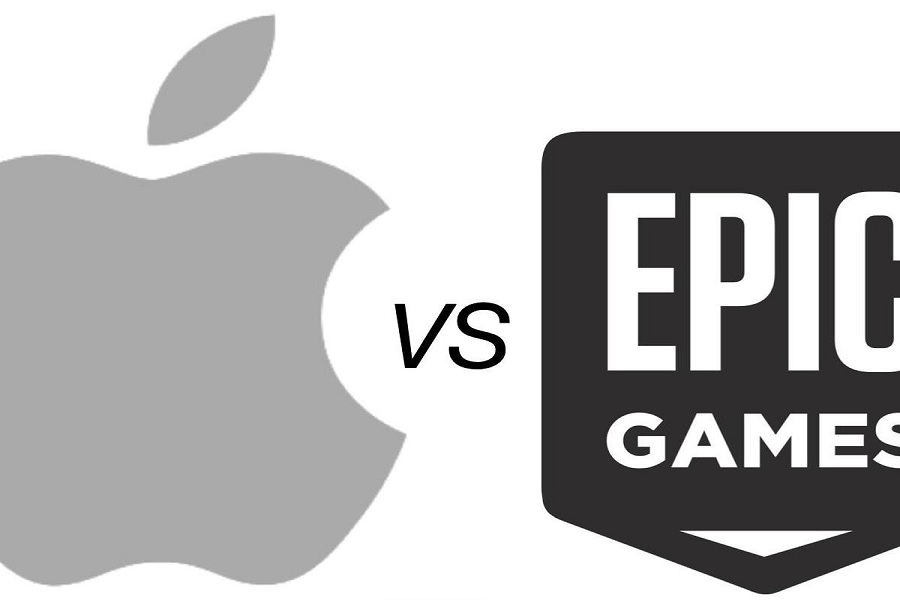

The complexity of the case was demonstrated by Apple and Epic’s failure to even define the relevant market.

The reasoning provided by Gonzalez-Rogers in her 185-page opinion will also act as a blueprint for future mobile ecosystem payment antitrust cases. “Right from the beginning the lawsuit has gained strong resonance and it is likely that more lawsuits will follow from other developers emboldened by this ruling highlighting Apple’s anticompetitive practices.” “Even though the ruling says that Apple didn’t act as an illegal monopolist, it does recognise that there’s a certain level of unfairness in the way the Apple’s platform works and the remedy should tackle that,” she explained. Other aggrieved developers will likely feel emboldened by the result, risking further litigation for Apple, said Petrone. Many commentators deemed Epic’s legal action to be speculative and did not expect it to come away with anything. In a statement responding to the Epic Games v Apple ruling, Spotify said: “We are pleased with Apple engaged in anti-competitive conduct and has permanently prohibited their anti-steering provisions.”Īpple may have deflected the heaviest blows from Epic, but there are signs that cracks are appearing in its armour.
APPLE VS EPIC CASE TRIAL
The ruling is expected to heavily influence a similar trial taking place next year, in which Epic and others are suing Google for employing app store rules similar to those of Apple.Īnd separately, music streaming platform Spotify has sued Apple in 2019 over its App Store rules. We remain committed to ensuring the App Store is a safe and trusted marketplace that supports a thriving developer community and more than 2.1 million US jobs, and where the rules apply equally to everyone.”ĭespite Apple’s claim to victory, Judge Gonzalez-Rogers was at times highly critical of the iPhone maker, noting that “nothing other than legal action seems to motivate Apple to reconsider pricing and reduce rates”.

In a statement, Apple said: “Apple faces rigorous competition in every segment in which we do business, and we believe customers and developers choose use because our products and services are the best in the world. “Epic is fighting for fair competition among in-app payment methods and app stores for a billion consumers.” “Today’s ruling isn’t a win for developers or for consumers,” said Epic Games CEO Tim Sweeney on Friday. The ruling concludes a more than one-year-long dispute – for now.Įpic Games has said it plans to appeal the ruling, while Apple has so far remained tight-lipped. That figure is a 30% cut of the $12.2m revenue collected by Epic Games through its own direct payment system since August 2020 – money that would have otherwise gone to Apple. In a separate judgement, the court sided with Apple’s counterclaim for breach of contract and ruled that Epic Games must pay Apple some $3.6m in damages.

“By choosing a remedy to eliminate Apple’s anticompetitive conduct, the judge opted for a compromise that aims to increase competition and transparency on the App Store without questioning Apple’s iOS modus operandi,” said Laura Petrone, principal thematic analyst at GlobalData. Contrastingly, 80% of App Store users generate “virtually no revenue” because most apps are free. It found 70% of all App Store revenue is generated by mobile gaming apps and of that revenue, the bulk of it is from a small percentage of users making in-app purchases. The case shed light on the revenue splits within the App Store.


 0 kommentar(er)
0 kommentar(er)
